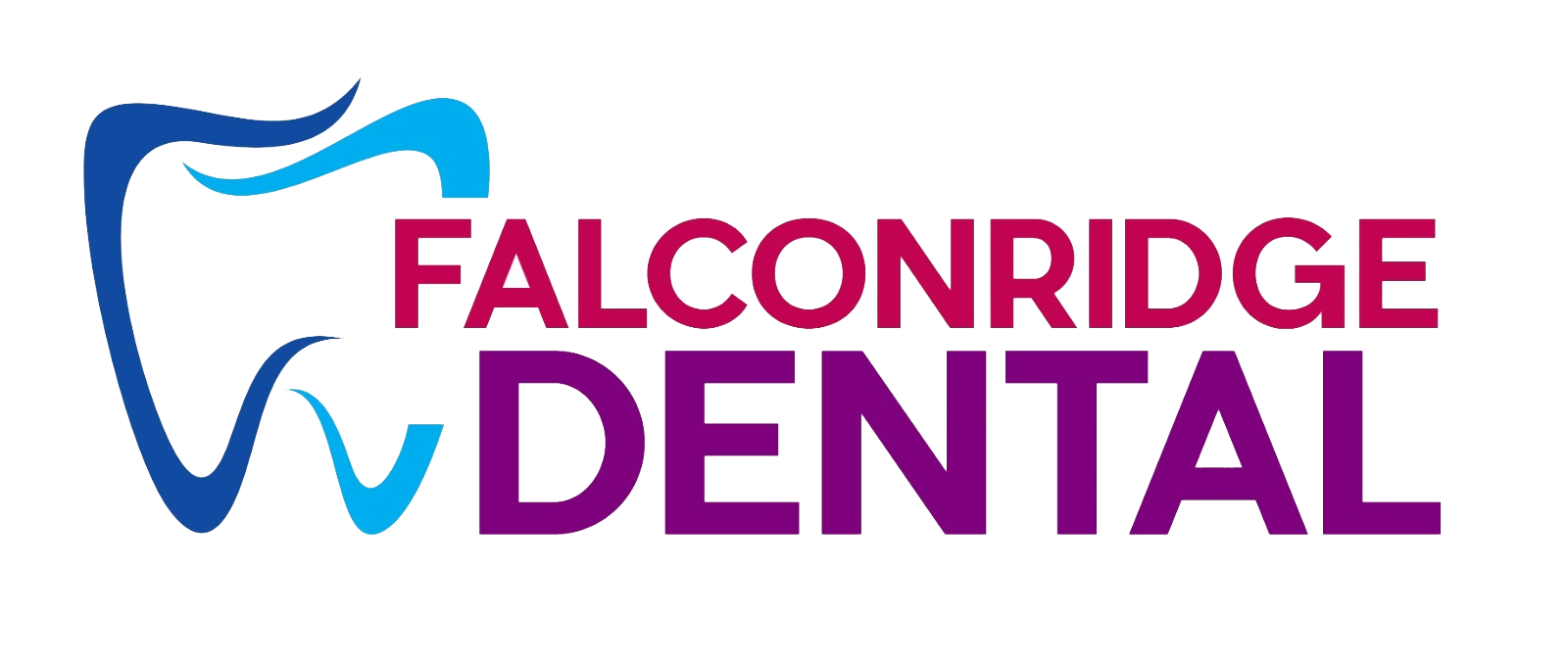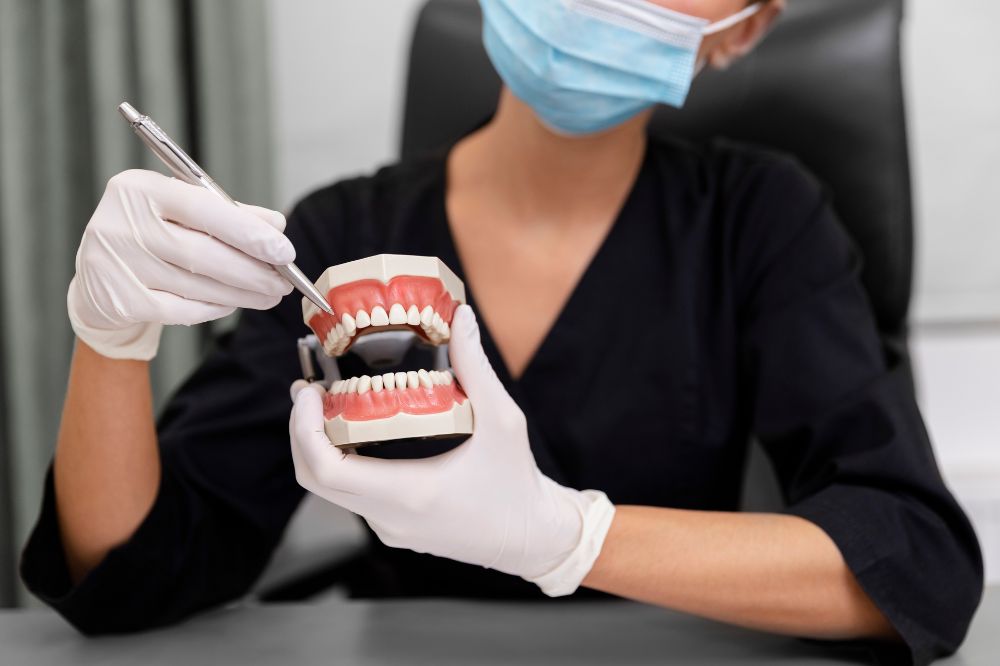Getting a dental implant can be intimidating or anxious initially—especially if you have pain-related anxiety! Many patients wonder, “How bad is pain from a dental implant?” Luckily, dental implants are a common procedure, and the majority of patients have no problem managing the pain afterward. In this blog, we will guide you through the typical experiences, the reasons why you may have dental implant pain, how to manage your pain after surgery, some tips for managing post-treatment dental implant pain and when you should reach out to a Falconridge dentist.
What is a Dental Implant?
A dental implant is a small metal post that is inserted into the jawbone (in the previous location of a tooth). A dental implant acts as the root for a new artificial tooth. After the healing phase, the dentist will place a new crown on top to make it look as natural as possible! The dental implant process is done by a nearby dentist who is experienced in performing the dental implant process.
Understanding Dental Implant Pain
It is completely normal to be a little sore after a dental implant procedure. A dental implant requires the dentist to create an incision in your gums and drill into your jawbone to insert your new implant screw. Your body will send extra blood and healing cells to the wound/surgical site, which can cause pain, swelling, and light bleeding in the area for the first few days following your surgery.
The majority of people report mild to moderate dental implant pain. The severity of pain can be quite different in a number of ways
- The number of implants placed
- The condition of your jawbone
- Your overall health
- Your pain tolerance
Dental Implant Pain First Week
Typically, the first week after a dental implant will be the time that you have the most discomfort. Pain and swelling are going to be at their highest in the 2–3 days after the dental implant is placed. Some people might notice bruising around their gums or face if the surgical placement utilized an incision.
Here is a helpful guide to potential feelings in the first week after the surgical placement of your dental implant
| Day | What to Expect | Pain Level | Tips to Reduce Pain |
| 1 | Right after surgery | Mild to moderate | Use ice packs, take prescribed pain medicine |
| 2-3 | Swelling peaks | Moderate | Eat soft foods, and avoid touching the area |
| 4-5 | The swelling starts to go down | Mild | Rinse gently with saltwater, continue medication |
| 6-7 | Healing begins | Minimal | Maintain oral hygiene, follow the dentist’s instructions |
Please keep in mind that, if done correctly, pain should gradually decrease day by day after this procedure. If the pain begins to worsen or is already severe, it may be due to an infection or some other complication, so it may be a good idea to find a dentist near you in NE Calgary immediately.
Common Causes of Pain After Dental Implants
- Surgery Trauma: The gums and jawbone will need some time to heal. Any discomfort will only be temporary.
- Inflammation: Your body will have an inflammatory response to the implant, which takes a bit of time and also creates some swelling and mild discomfort.
- Pressure from the Implant: Some people will experience pressure when biting or chewing within the first week.
- Infection: Rarely, infection can cause sharp pain, redness, or pus around the implant.
Tips to Reduce Dental Implant Pain
Pain after a dental implant is easily managed with simple care at home. Here are some tips:
- Follow Your Dentist’s Instructions: Take all medications, including pain relief and/or antibiotics, as prescribed.
- Ice Your Cheek: Apply ice near the area where the implant was placed for 15 to 20 minutes at a time in the first 24 hours.
- Eat Soft Foods: Immediately after your implant, stick to yogurt, mashed potatoes, soups, and smoothies over the first few days until the area feels comfortable chewing. Avoid intake of hard or crunchy foods.
- Keep Your Mouth Clean: Use a saltwater rinse or a mouthwash as recommended. Just do not brush the surgical site too aggressively or forcefully.
- Rest: Avoid physical activities for the first few days to allow your body to rest and heal.
- Avoid Smoking or Alcohol: Alcohol and tobacco can hurt your healing and may also increase pain.
When to Contact a Dentist Near You
While some pain is normal, you should contact a dentist if you experience
- Severe pain or pain that is worsening after the first week.
- Heavy bleeding that won’t stop.
- Swelling that is not decreasing but rather is increasing in size.
- Fever or signs of infection.
Acting sooner helps prevent complications and ensures good healing of your dental implant.
Enjoy Life Fully with Dental Implants!
At Falconridge Dental, we provide quality dental care for patients of all ages. Our team provides services such as dental implants, cleanings, fillings and more to help keep your teeth as well as gums healthy. We work hard to make every dental visit for patients as comfortable as possible.
Schedule your appointment today and take the first step toward a healthier, happier smile!

